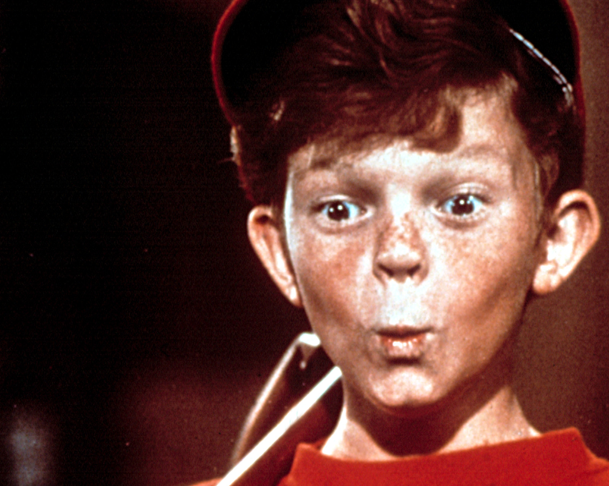The 1970s marked the end of an era for many child stars who had captured our hearts throughout the previous decades. Some of these young performers made conscious decisions to step away from the spotlight, choosing normalcy over the pressures of Hollywood. Others found themselves pushed out by changing times, evolving tastes, or personal struggles that made continuing in show business impossible.
1. Anissa Jones – Family Affair’s Buffy
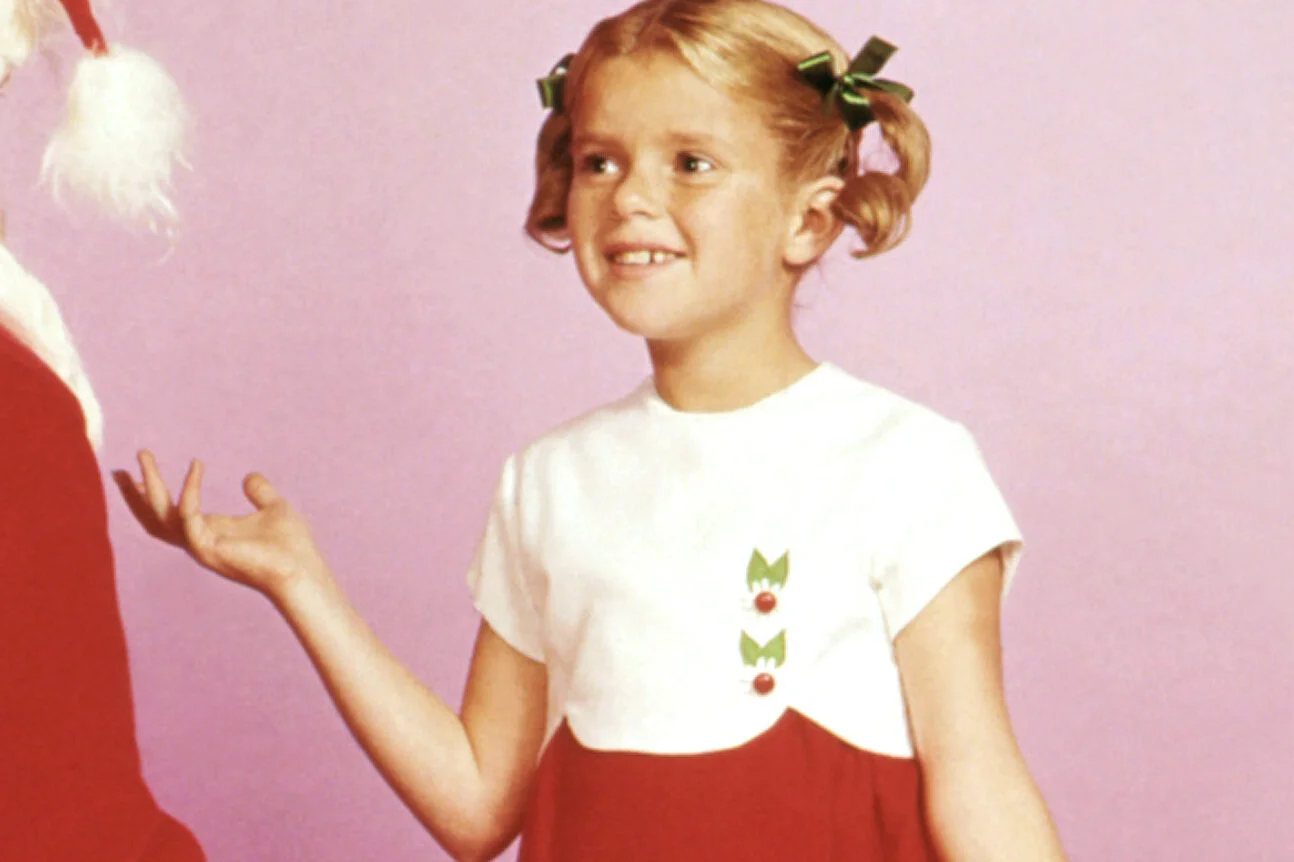
Anissa Jones charmed audiences as the pigtailed Buffy Davis on “Family Affair” from 1966 to 1971. Her sweet demeanor and innocent portrayal made her one of television’s most beloved child stars. When the show ended, Jones struggled to find roles that matched her earlier success, and she began to rebel against her wholesome image.
By the mid-1970s, Jones had largely retreated from acting, finding it difficult to transition into teenage and adult roles. She spent her later years trying to establish a normal life away from the cameras. Tragically, her departure from fame became permanent when she passed away in 1976 at just 18 years old, leaving behind memories of a simpler time in television.
2. Jay North – Dennis the Menace’s Mischievous Star
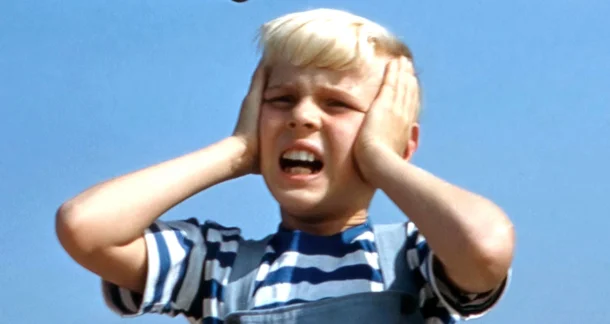
Jay North became a household name playing the title character in “Dennis the Menace” from 1959 to 1963. His freckled face and mischievous grin perfectly embodied the comic strip character that parents both loved and recognized in their own children. After the show ended, North found it increasingly difficult to shed his Dennis persona and secure serious acting roles.
By the early 1970s, North had largely given up on acting and enlisted in the Navy. He later worked various jobs outside of entertainment, including as a correctional officer. His decision to leave Hollywood was partly voluntary, as he sought a more stable and private life away from the typecasting that had defined his career.
3. Butch Patrick – The Munsters’ Little Wolf Boy
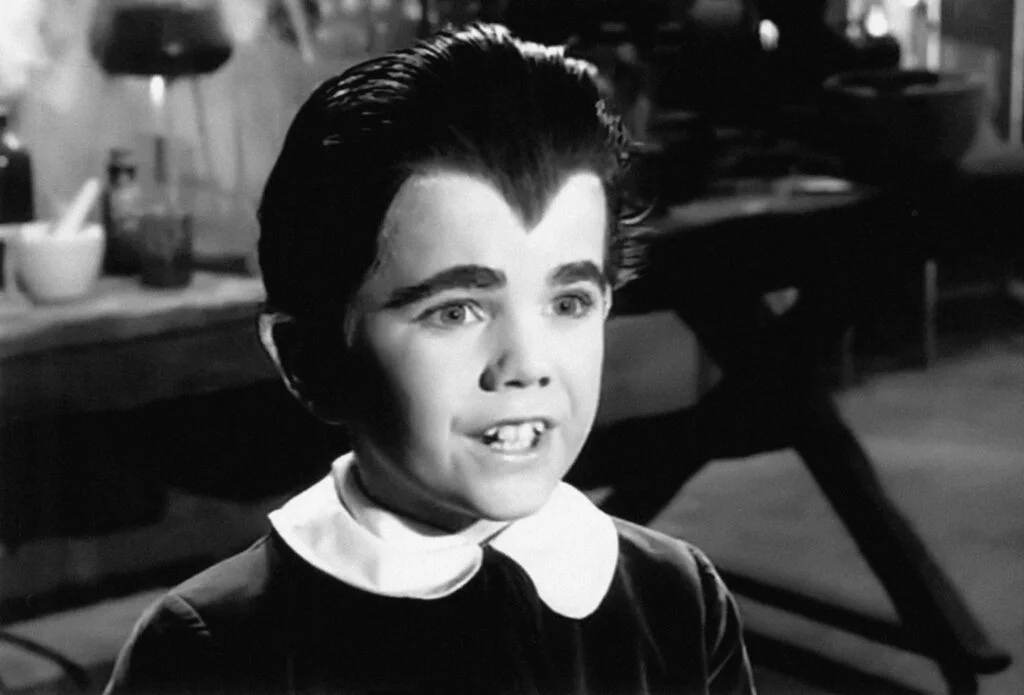
Butch Patrick delighted audiences as Eddie Munster, the werewolf son in “The Munsters” from 1964 to 1966. His pointed ears and Dracula-style clothing made him an instant icon of 1960s television. Despite attempts to continue acting after the show’s cancellation, Patrick struggled to find roles that weren’t related to his monster family persona.
Throughout the 1970s, Patrick appeared sporadically in small television roles and B-movies, but never recaptured his earlier success. He eventually stepped back from regular acting work, though he never completely abandoned entertainment. His retreat from major Hollywood productions was both a personal choice and a result of limited opportunities for former child stars of monster comedies.
4. Johnny Whitaker – Family Affair’s Jody
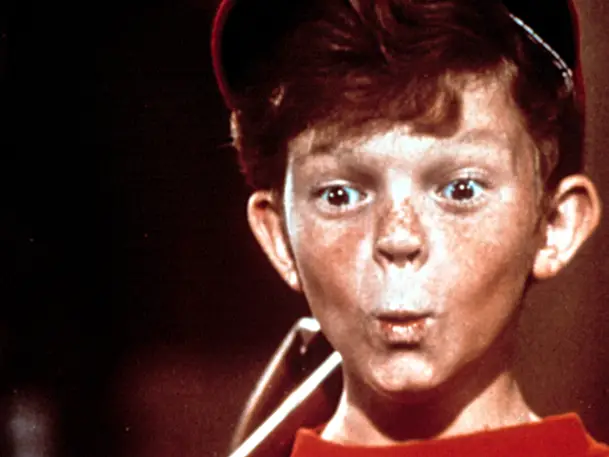
Johnny Whitaker played Jody Davis, Buffy’s twin brother, on “Family Affair” alongside Anissa Jones. His earnest performances and natural chemistry with his TV family made him one of the most recognizable child actors of the late 1960s and early 1970s. After “Family Affair” ended in 1971, Whitaker continued acting but found fewer opportunities as he grew older.
By the mid-1970s, Whitaker had largely stepped away from regular acting work, choosing instead to focus on his education and personal life. He occasionally returned for reunion specials and small roles, but never pursued acting as a full-time career again. His departure from fame was largely voluntary, as he sought to avoid the pitfalls that had befallen many of his contemporary child stars.
5. Erin Murphy – Bewitched’s Tabitha
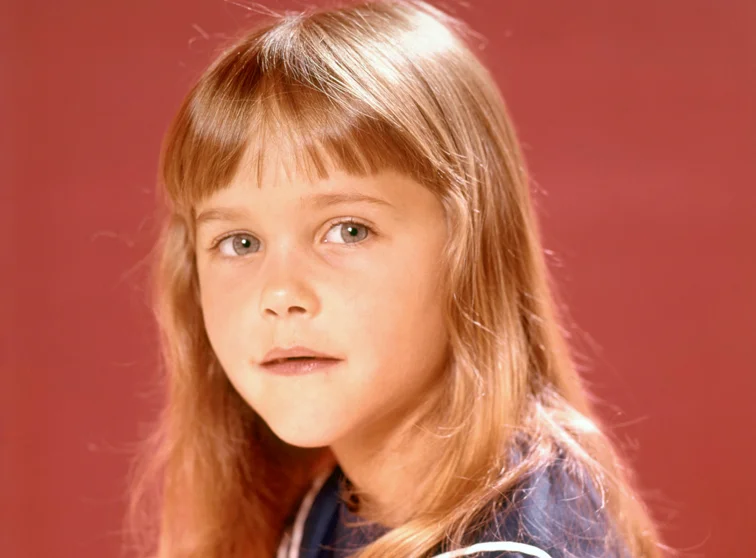
Erin Murphy enchanted viewers as Tabitha Stephens, the magical daughter on “Bewitched” from 1966 to 1972. Her adorable nose-twitching and supernatural antics made her a favorite among fans of the popular sitcom. When “Bewitched” ended, Murphy found it challenging to transition into non-magical roles, as casting directors couldn’t see past her witchy character.
Throughout the 1970s, Murphy made a conscious decision to step away from acting and pursue a normal childhood and education. She occasionally appeared in commercials and small television roles, but never committed to a full-time acting career. Her choice to leave the spotlight was deliberate, as she wanted to experience life outside the entertainment industry and avoid the personal struggles that often plagued child stars.
6. Keith Thibodeaux – I Love Lucy’s Little Ricky
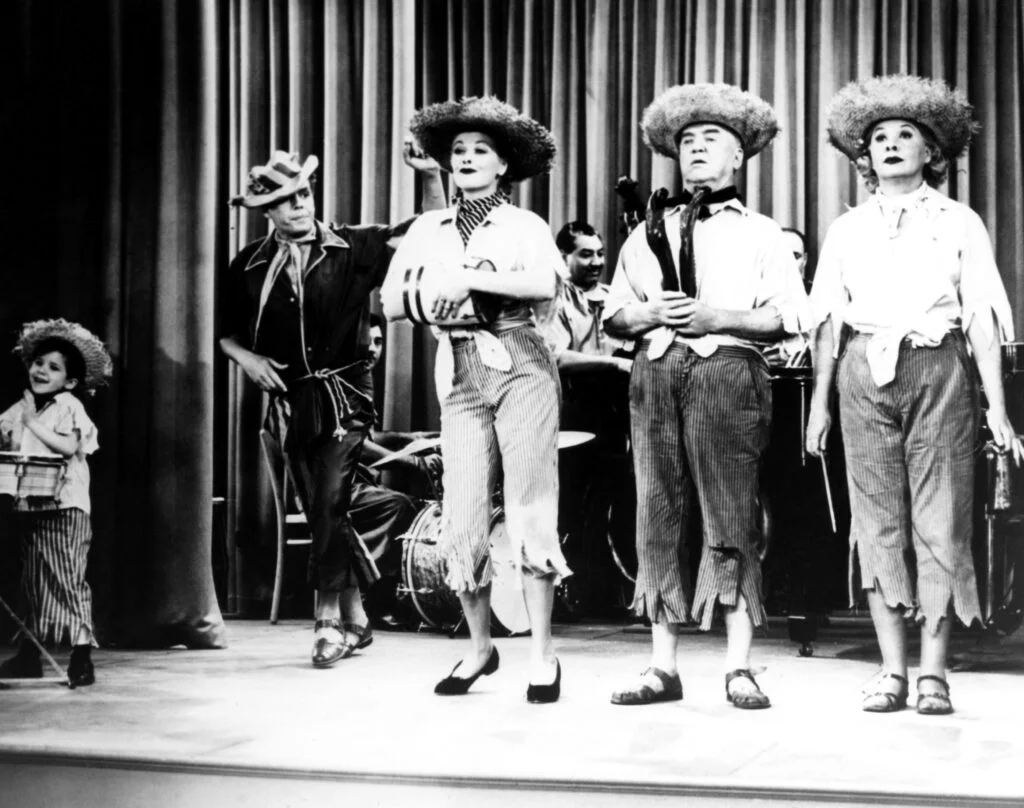
Keith Thibodeaux played Little Ricky Ricardo on “I Love Lucy” and later “The Lucy-Desi Comedy Hour” through the late 1950s and early 1960s. His drumming skills and natural comedic timing made him a perfect fit for the Ricardo family dynamic. As he entered his teenage years, Thibodeaux found fewer opportunities in Hollywood and began exploring other interests.
By the early 1970s, Thibodeaux had largely left acting behind to pursue music and eventually became a born-again Christian. He worked various jobs outside of entertainment and focused on his faith and family life. His departure from fame was voluntary, as he chose to follow different passions and beliefs rather than continue chasing Hollywood success.
7. Tommy Rettig – Lassie’s First Master
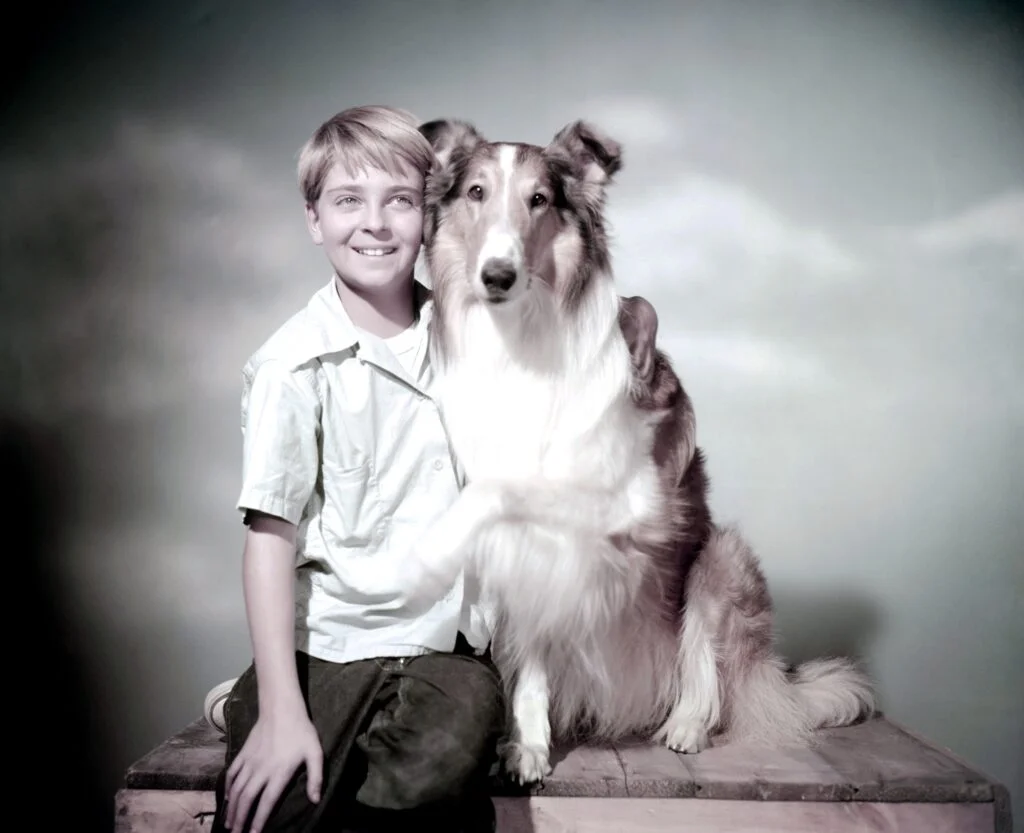
Tommy Rettig starred as Jeff Miller, Lassie’s first human companion, from 1954 to 1957. His wholesome portrayal of the farm boy who loved his collie made him a symbol of American childhood innocence. After leaving “Lassie,” Rettig struggled to find substantial roles and gradually became disillusioned with the entertainment industry.
During the 1970s, Rettig stepped away from acting entirely and became involved in various business ventures and personal pursuits. He later faced legal troubles that further distanced him from his clean-cut image and Hollywood career. His departure from fame was both voluntary and circumstantial, as he chose to pursue other interests while also dealing with personal challenges that made returning to acting difficult.
8. Angela Cartwright – Lost in Space’s Penny Robinson
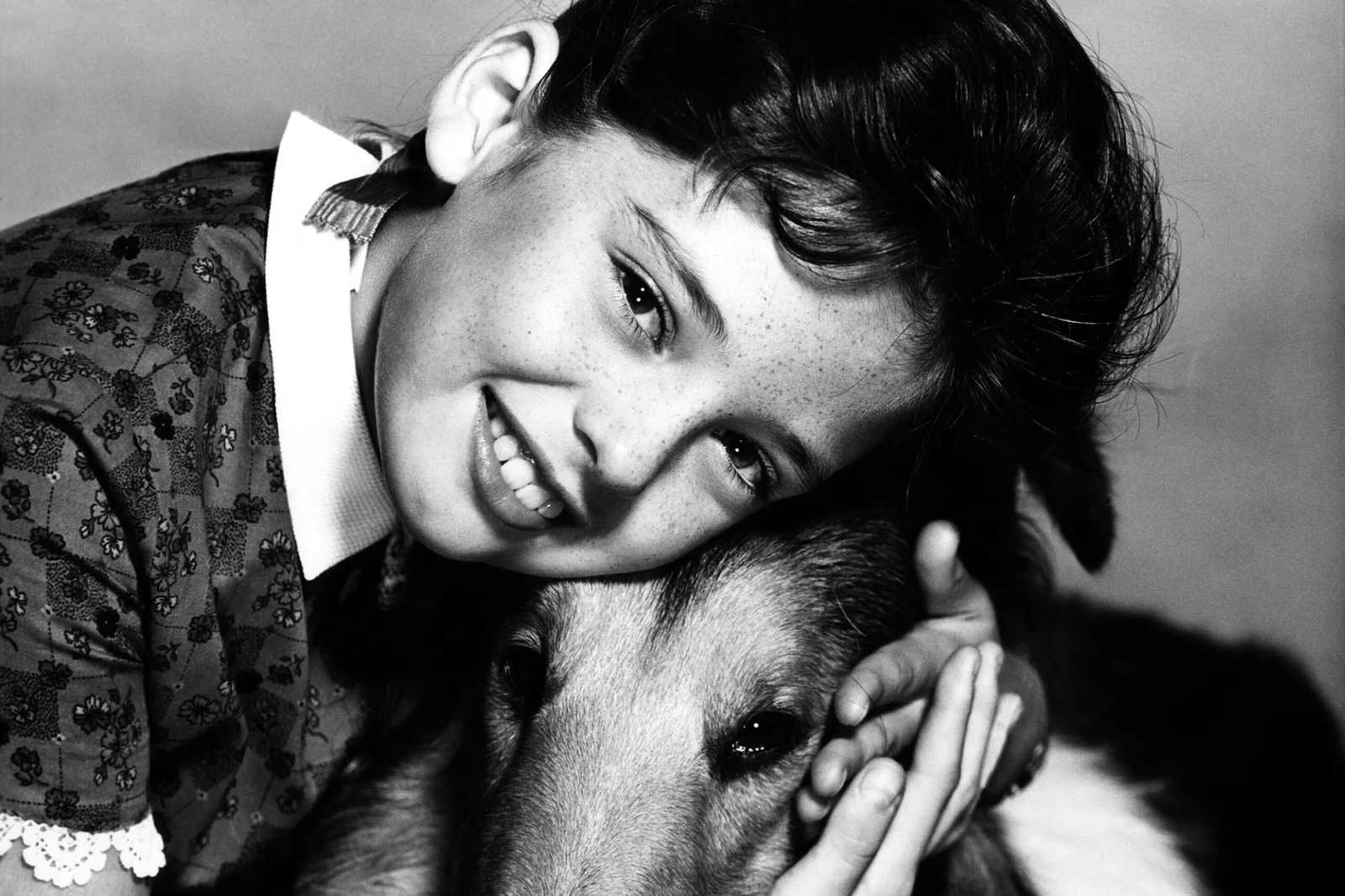
Angela Cartwright captured hearts as Penny Robinson on “Lost in Space” from 1965 to 1968, following her earlier success on “The Danny Thomas Show.” Her portrayal of the brave and intelligent space pioneer made her a role model for young girls watching science fiction television. After “Lost in Space” was cancelled, Cartwright found limited opportunities for serious dramatic roles.
By the mid-1970s, Cartwright had largely stepped back from regular acting work, though she never completely left the entertainment industry. She began focusing more on photography and art, occasionally returning for guest appearances and reunion specials. Her retreat from full-time acting was a personal choice, as she sought to explore other creative outlets and maintain a more private life.
9. Billy Mumy – Lost in Space’s Will Robinson
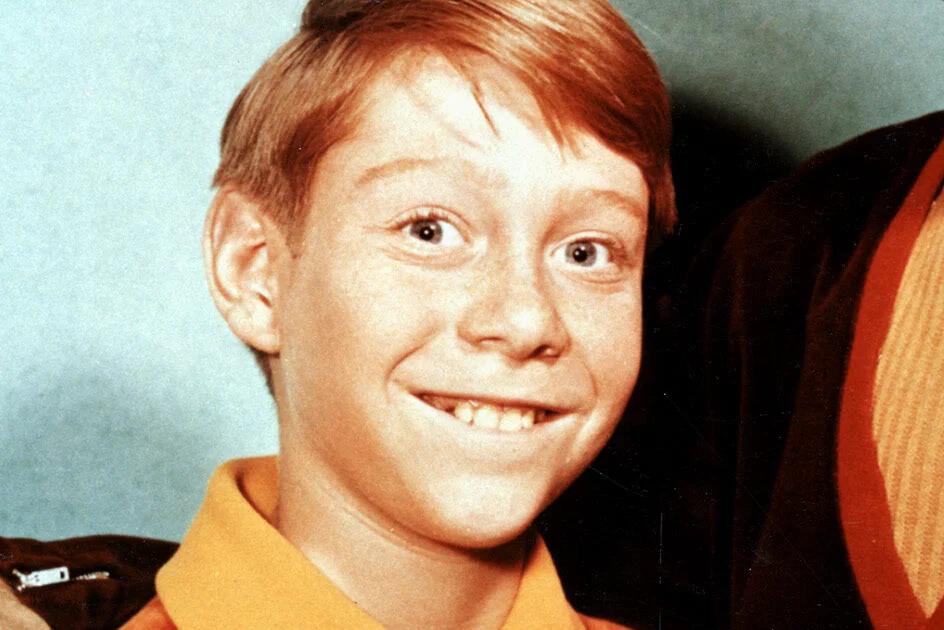
Billy Mumy became famous for his portrayal of Will Robinson on “Lost in Space,” delivering the iconic line “Danger, Will Robinson!” His character’s relationship with the Robot made him a central figure in the beloved science fiction series. After the show ended in 1968, Mumy continued acting but found it difficult to escape the shadow of his space-faring character.
Throughout the 1970s, Mumy gradually shifted his focus from acting to music, becoming accomplished as a guitarist and songwriter. He continued to act occasionally but never pursued it as his primary career. His transition away from regular acting was voluntary, as he discovered his true passion lay in creating music rather than performing on screen.
10. Ricky Schroder – Too Young for the Decade’s End
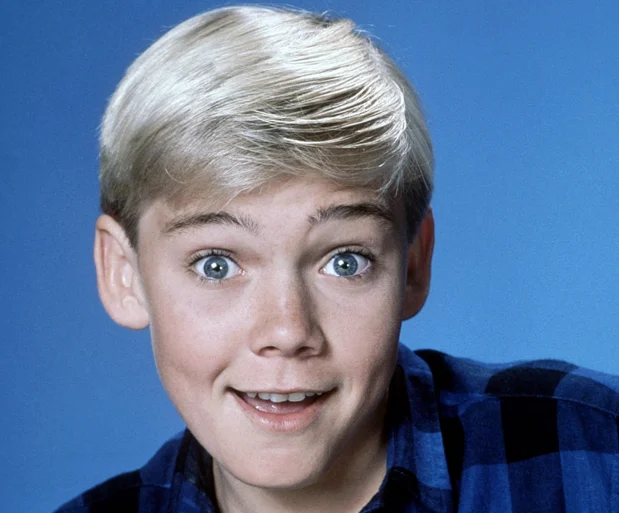
While Ricky Schroder’s major fame came later, he began his career in the late 1970s with “The Champ,” earning a Golden Globe at just nine years old. His tearful performance in the boxing drama showed remarkable emotional depth for such a young actor. However, the pressures of early success and the transition into teenage roles proved challenging.
By the end of the 1970s, Schroder was already experiencing the difficulties that would eventually lead many child stars to step back from the spotlight. Though he continued acting into the 1980s with “Silver Spoons,” his later career was marked by attempts to distance himself from his child star image. His eventual retreat from major Hollywood productions reflected the common struggle of maintaining relevance beyond childhood fame.
11. Jodie Foster – A Rare Success Story
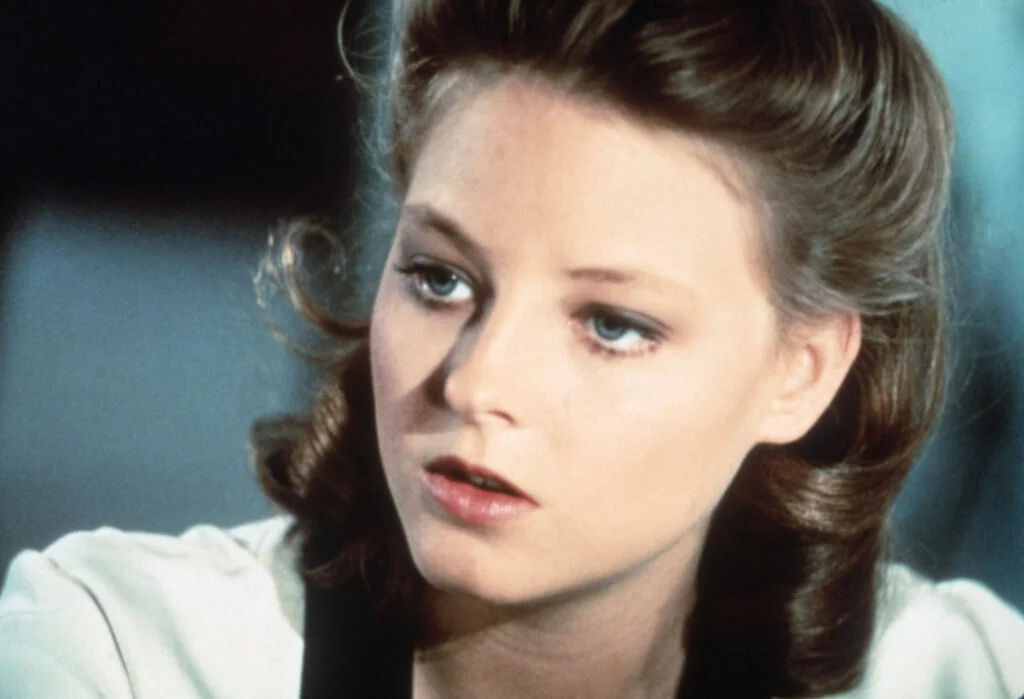
Jodie Foster began her career as a child actor in the late 1960s and early 1970s, appearing in various television shows and Disney films. Her intelligence and natural acting ability set her apart from many of her contemporaries. Unlike many child stars, Foster managed to transition successfully into serious dramatic roles, including her controversial part in “Taxi Driver” in 1976.
While Foster didn’t leave fame behind in the 1970s like many others on this list, she represents the rare success story of child actors who managed to evolve and grow with their careers. Her ability to choose challenging, age-appropriate roles helped her avoid the typecasting that doomed many of her peers. Her story serves as a reminder of what was possible for child stars who had strong support systems and made careful career choices.
12. Tatum O’Neal – The Youngest Oscar Winner
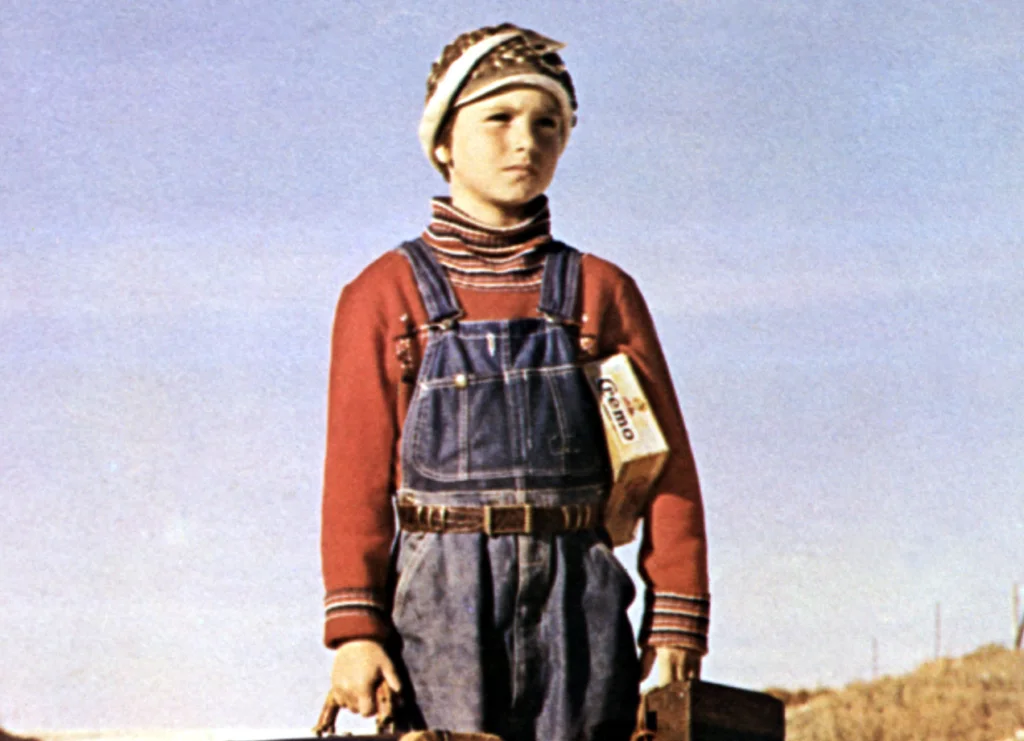
Tatum O’Neal made history in 1974 by becoming the youngest person ever to win an Academy Award, taking home the Oscar for Best Supporting Actress for “Paper Moon” at just 10 years old. Her natural comedic timing and chemistry with her real-life father, Ryan O’Neal, made the film a critical and commercial success. However, the pressures of such early recognition proved overwhelming as she entered her teenage years.
By the late 1970s, O’Neal was struggling with the expectations that came with her Oscar win and the complexities of growing up in the public eye. While she continued acting, her later career was marked by personal challenges and difficulties maintaining the success of her childhood breakthrough. Her experience illustrates how even the highest achievements in childhood can become burdens that lead stars to seek distance from the very fame that once celebrated them.
The 1970s represented a turning point for an entire generation of child stars who had defined television and film in the previous decades. Whether by choice or circumstance, these young performers found themselves stepping away from the bright lights that had once illuminated their lives, seeking something more authentic and sustainable than the fleeting nature of childhood fame. Their stories remind us that behind every beloved character was a real child trying to navigate the complex world of growing up in the public eye.
This story The Many Complex Reasons These Former Kid Celebs Who Left Fame Behind in the ’70s was first published on Takes Me Back.

